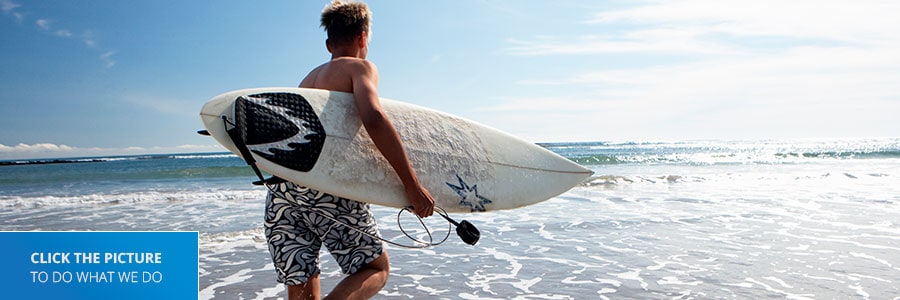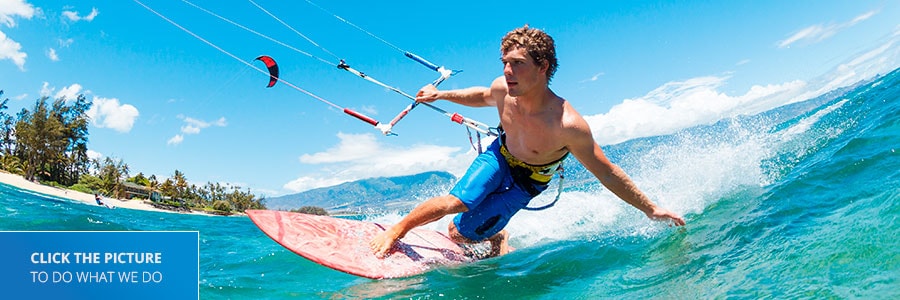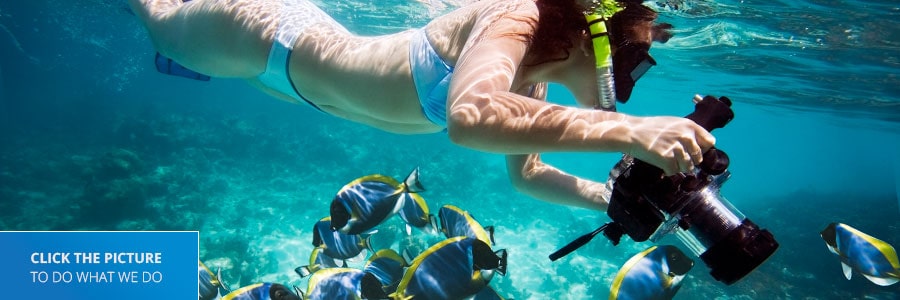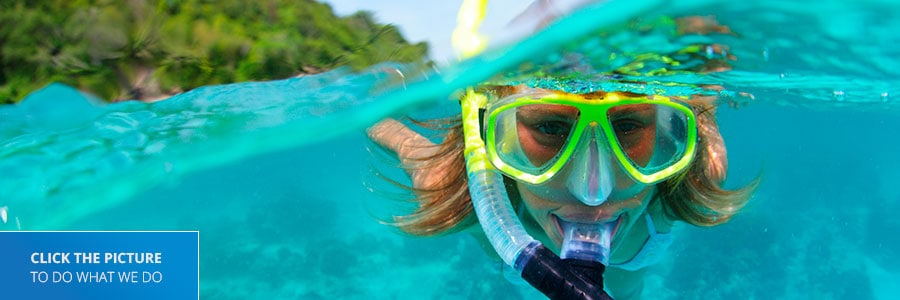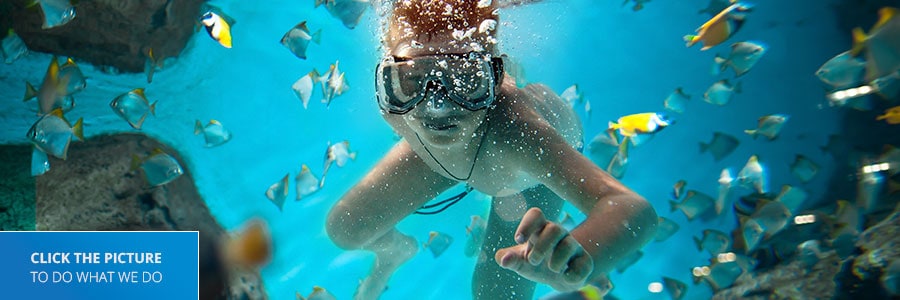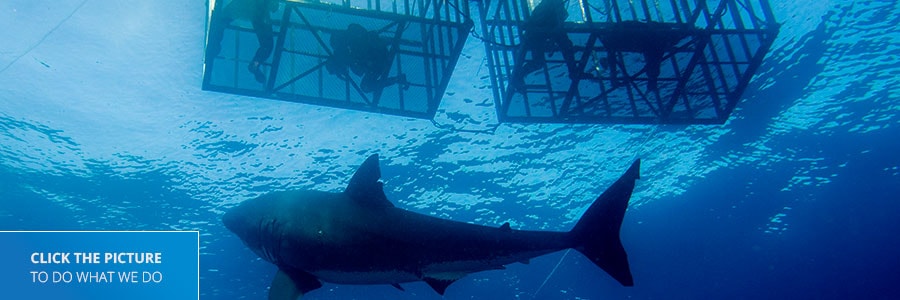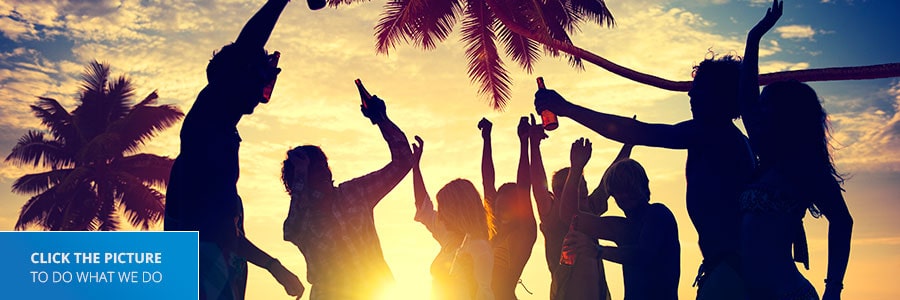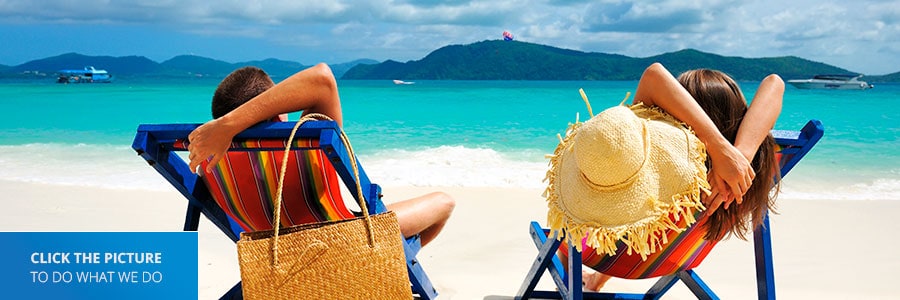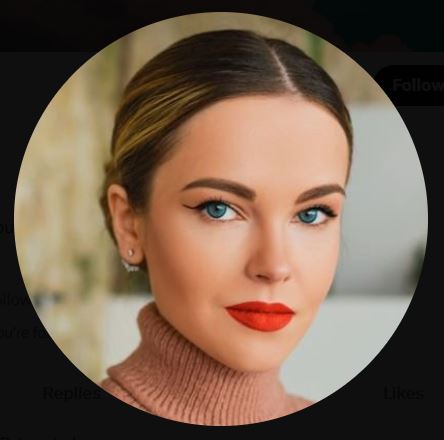(Don’t say #4 Wrong or You’ll Probably end up in Jail)
If you think Aloha is the online phrase you need to know on the islands, you might be an a-hole tourist. Why not grab your Hawaiian shirt and streak your nose in zinc, while you’re at it?!
The History of Hawaiian Slang
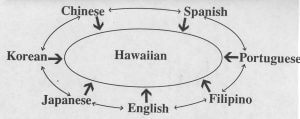
True travelers know that when you visit any region that has a distinctive culture—and more importantly, a complete other language, you should know more than one word the natives use. In addition to English, Hawaiian is also spoken on the island and a more local form of the dialect is known as pidgin.
The local patois (Hawaiian slang) was originally developed by Chinese immigrants to make business transactions easier. They created an easy-to-understand lingo and named it “pidgin,” which literally translates to “business.” These days, natives on the islands have adopted this as a means of short-hand speak, as well as a way to mess with tourists.
Do not assume that just because you read this guide, you can go spouting off. You must make friends with an insider, lest you become fodder for a chuckling group of locals. The following are some pidgin phrases you should know, before ever stepping foot on the islands.
#1) Your Kōkua is Appreciated
You may see this on local signs here and there. The Hawaiian slang phrase kōkua simply means to help or assist. Kōkua luau is an extension of the saying, and directly translates to a stronger form of assistance, meaning “to contribute.” The term references the festive traditional gatherings of dance, music, and food called “luaus“.
The most common phrase you will hear relating to this word, is “Mahalo for your kōkua,” which basically means “thanks for your help!” This pidgin phrase is important, because as a visitor, if a native asks for your brief assistance, you should be able to understand and offer it out of respect.
#2) This Buggah is Pau
This is pretty much what you say if your vehicle shits the bed. Pau (pronounced pow) generally translates to “no more,” “all gone,” or “time’s up.” The term pau hana means “after work,” and references the best Happy Hours on the islands. This term should not be confused with make (mah-kay) which means “dead,” i.e. a permanent form of pau.
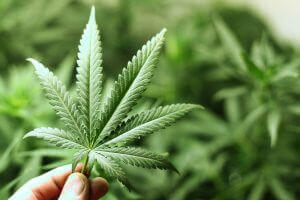
#3) Malihini (mah-lee-hee-nee)
That’s YOU, brah! An outsider, stranger, tourist, non-islander, they know you! Pronounced may-ly-hee-nee (better get that straight, tourist!) this is about someone that wears water socks and shoes, instead of “rubbah slippahs.”
#4) I’d like to sample some Pakalolo
This is pidgin to the max! Saying this one to the wrong person can definitely land you in jail. The word “paka” translates to tobacco, and “lolo” means crazy; hence Pakalolo is the term the local kine use in reference to excellent marijuana (mainlanders might refer to it as ‘MauiWowie’). As I said before, be selective if you choose to try this one on your vacay, because speaking it to the wrong braddah can get you snatched up by 5-0!!
#5) Eh Braddah, Howzit?!
“Howzit?” is a Hawaiian slang phrase for “Hey, how’s it going?” You’ll hear this one quite often, as you traverse the islands. Although it seems obvious, there’s a big difference between saying “hello” and saying “what’s up?” The locals are always excited to meet new people and “talk story” (chat, shoot the breeze).
#6) Da Kine
This Hawaiian slang term can literally mean anything…seriously! Da Kine is the ultimate pidgin phrase! “Eh, you get any da kine?” or “Shelly went to get da kine, from da kine, ova da kine” It can be a bit tricky to understand, but incredibly useful. I mean really, how many times can you use the mainland equivalent of “whatchamacalit” before you sound ridiculous?
#7) I gotta go shishi!
You can use this to politely tell whoever you need to, that you have to go pee. You also may hear a lot of the local Hawaiian keiki (children) saying this to their Auntie, or Tutu (grandmother). Shishi is a Japanese loaner word.
Many words in Hawaiian pidgin are derived from the Japanese language. There is also a Japanese joke about urination based on the phrase “5-4-4” which reads go shishi in Japanese. So when a native says “I have to go 5-4-4,” it’s the same as shishi.
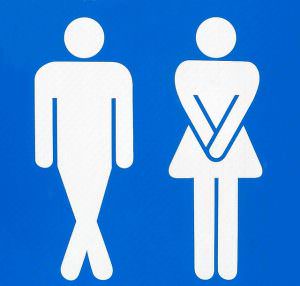
#8) Pass the Shoyu
The first time you hear the word shoyu you’re probably ordering food at a restaurant. Shoyu is the Hawaiian slang term for soy sauce. Shoyu is a staple in Hawaii and can be found on every table (much like salt is on the mainland). Almost every dish in Hawaii is served with white rice, and shoyu is a staple condiment.
#9) Shaka
Shaka is not so much a spoken term, as it is a gesture. Take your closed hand and extend your pinky and thumb out—that’s it! Now wave it back and forth with your palm facing your body. Like da kine, shaka can mean many different things, throwin’ shakas can mean “hello,” “what’s up?” or “cool.” The gesture is most commonly seen when someone is posing for a photo.
#10) Uncle/Auntie (unko, ant-tee)
On the mainland, we use this term to refer to our parent’s brother or sister. But, in Hawaii, it’s a pidgin phrase to show respect. On the islands, anyone can be refer to you as “Uncle” or “Auntie,’ as long as they are younger in age. It is very important to pronounce auntie as (ANT-ee) to show respect for your ohana (family).
When learning pidgin phrases, tread carefully. The locals may teach you incorrectly, just to have a laugh at you. If you aren’t sure of the term, or you feel you cannot pronounce it correctly, it’s best to err on the side of caution, lest you look like a hupo (fool).
